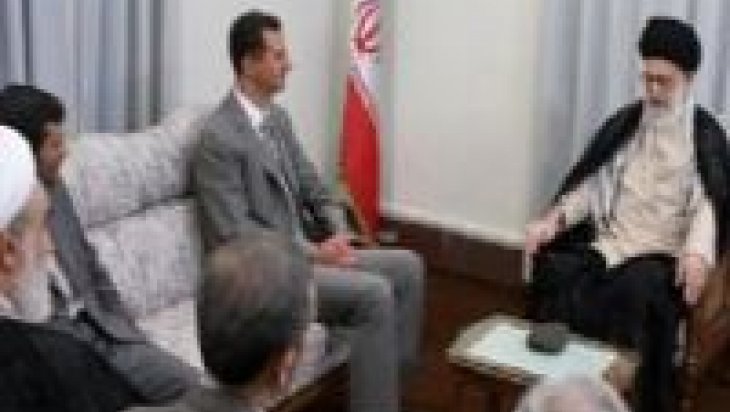Syria and Iran: Alliance Cooperation in a Changing Regional Environment

“The chain of resistance against Israel by Iran, Syria, Hezbollah, the new Iraqi government and Hamas passes through the Syrian highway…Syria is the golden ring of the chain of resistance against Israel.”
Ali Akbar Velayati, Senior Advisor for Foreign Affairs to Iran’s Supreme Leader, 6 January 2012
“What is happening in Syria is not an internal issue, but a conflict between the axis of resistance and its enemies in the region and the world. Iran will not tolerate, in any form, the breaking of the axis of resistance, of which Syria is an intrinsic part.”
Saeed Jalili, Head of Iran’s Supreme National Security Council, 6 September 2012
Abstract
The alliance between Syria and Iran has been a persistent feature on the political landscape of the Middle East for more than three decades. Moreover, since its inception, it has had a major impact on developments in the region, as witnessed in recent years with the 2003 Iraq war, the 2006 Lebanon conflict and Iran’s role in the Syrian civil war. The article provides an analytical framework to understand the forces which have shaped and influenced the evolution of the Syrian-Iranian alliance. Furthermore, it highlights the importance of the axis, and major myths and misconceptions concerning it. It also presents a general overview of the various phases in the development of the relationship, and its future prospects.
Introduction
Without doubt, one of the most fascinating developments in modern Middle East politics has been the emergence and continuity of the Syrian-Iranian alliance since its formation in 1979. For more than three decades now, the Tehran-Damascus axis has continued to baffle many observers. Pointing to differences in their respective ideologies, as well as their political foundations and structures, many analysts have been perplexed as to how a revolutionary, pan-Islamic theocracy such as Iran could ally itself with a secular, pan-Arab, socialist republic like Syria.(1) Moreover, while Ba’thist Syria claims to be an ardent supporter and the rightful leader of the pan-Arab cause, Iran champions Islamic universalism and rejects secularism.







